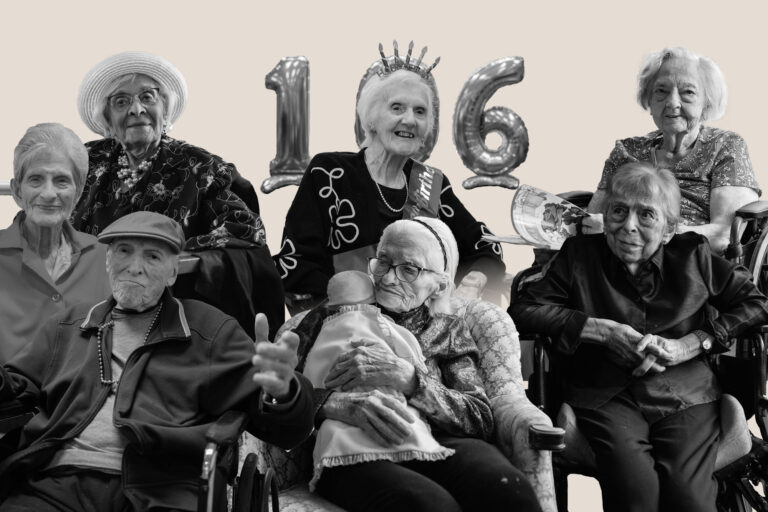
Valerie Nikolas is a health and wellness writer based in Chicago. She is a recent graduate of Northwestern’s Medill School of Journalism.
With differing doses, schedules, and side effects, managing a senior’s medications can be overwhelming or even downright dangerous. More than a third of older adults take at least five prescription medicines, according to a study published in 2016 in JAMA Internal Medicine.
“We often find dozens of medications, current and old, at our clients’ homes,” says Matt Field, owner and CFO of Right at Home In-Home Care and Assistance. “It gets very confusing.”
Keep track of medications by:
- Using a weekly pill organizer.
- Putting medication bottles and a list of medications in a visible spot.
- Setting reminder alarms in your loved one’s phone.
- Keeping a journal of medications your loved one takes and how they react.
Make use of resources like:
- Automatic pill dispensers, such as Hero, which dispense daily medications and send alerts if pills are not taken.
- Apps, such as CareZone, that list your medications, send you reminders, and organize
and deliver medications. - Monthly medication deliveries, through services like Amazon’s PillPack.
Just remember, these resources can be used to aid, not replace, human interaction to help older adults stay organized.








